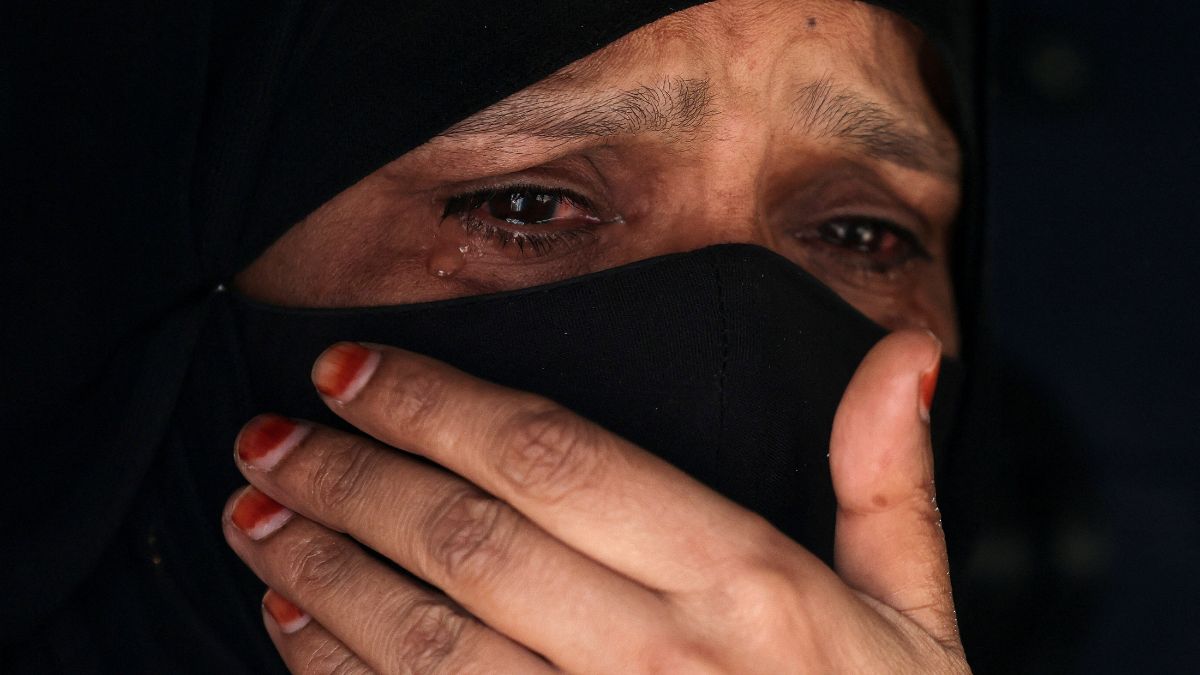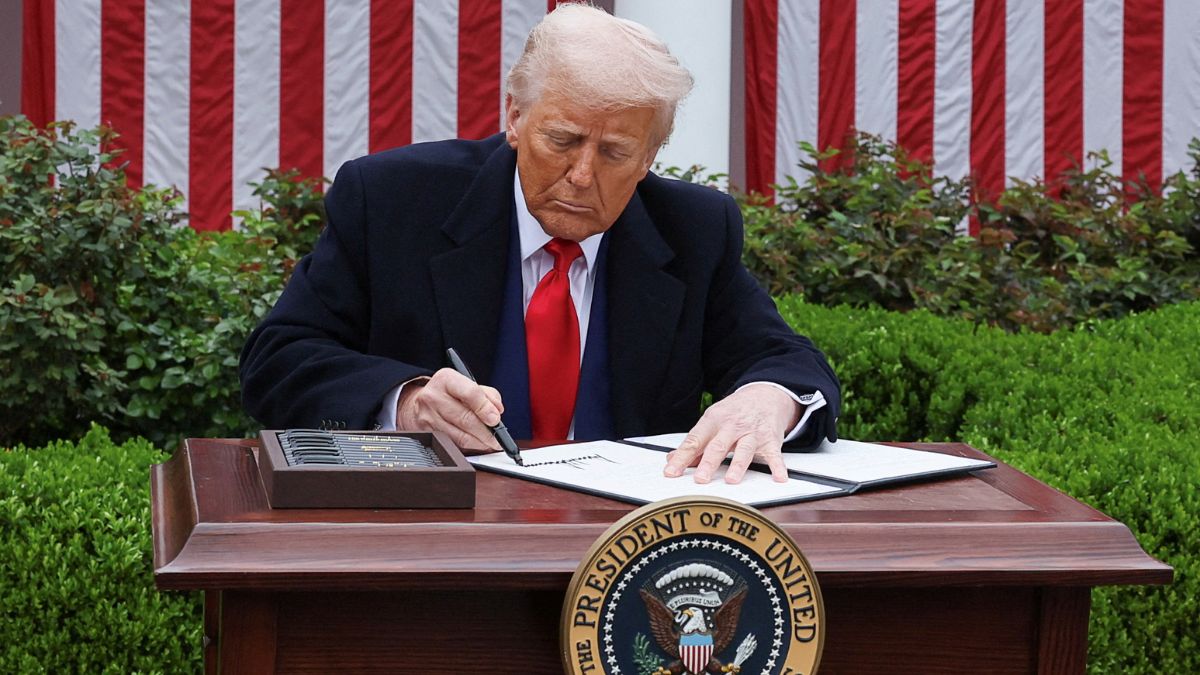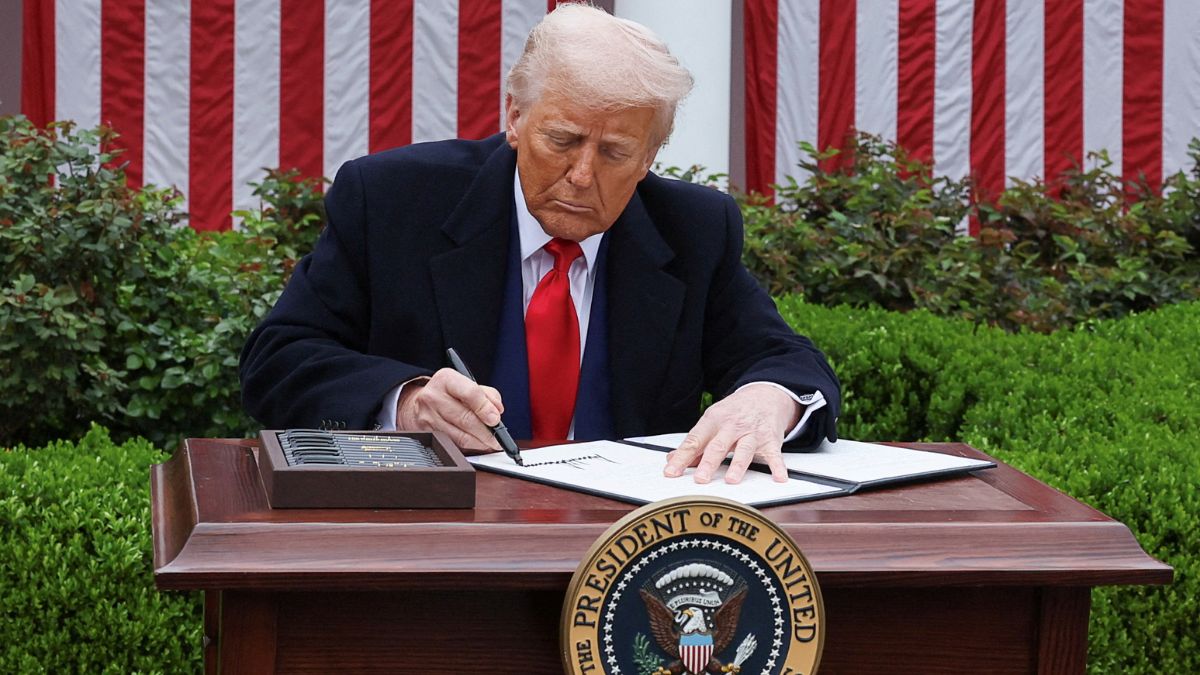The future of medical tourism from Pakistan to India is uncertain. After the deadly terror attack in Pahalgam, India cancelled many visas issued to Pakistani nationals, including medical visas.
As the deadline for Pakistanis who came to India on medical visas ends on Tuesday (April 29), several citizens of the neighbouring country have urged the Narendra Modi government to reconsider its decision. Earlier, Pakistan nationals who came to India on short-term visas had to exit as the deadline expired on Sunday (April 27).
Let’s take a closer look.
Pakistanis on medical visas urge to stay back
Pakistan nationals are forced to depart from India as the deadline for medical visa holders ends today. The Indian government suspended all visas for Pakistani nationals –– except long-term, diplomatic, and official visas –– in the wake of the Pahalgam massacre that claimed 26 lives in Jammu and Kashmir.
Speaking to Pakistan’s Geo News, a father from Sindh province’s Hyderabad requested India to let him stay in the country until his two children’s medical treatment. He said his kids, aged nine and seven, are suffering from a congenital heart condition and their life-saving surgery is set for this week.
“They have a heart condition, and their treatment was possible in New Delhi because of the advanced medical treatment here. But after the Pahalgam incident, we have been told to return to Pakistan immediately,” he said.
The Pakistani father, who was not named by the news outlet, said that the police and the foreign office are pressuring them to leave India without delay. “I appeal to the governments to allow the medical treatment of my children to be completed as we have spent around Rs 10 million on our travel, stay and their treatment,” he said.
It is a painful separation for many civilians on both sides of the border as they bid adieu to their relatives. India has closed the Integrated Check Post at Attari border in Punjab, while Pakistan has shut the Wagah border.
The Attari-Wagah border is the sole land route between the two nations for trade and the movement of passengers.
Samreen, a Pakistani national at the Attari border, told ANI she came to India on a 45-day visa in September. She got married here but has to return to her country as she could not secure a long-term visa.
“I came here in September with a 45-day visa. After that, I got married here. I have not got my long-term visa yet, and now suddenly I have been asked to leave the country. The terrorists should be questioned. What is our fault? Why are we being punished? The people who have relatives in the country should be allowed to stay,” Samreen said.
As per officials, at least 537 Pakistani nationals, including nine diplomats and officials, have exited India through the Attari-Wagah border since April 24.
About 850 Indians, including 14 diplomats and officials, have returned from Pakistan through the international border crossing in Punjab.
ALSO READ: ‘Don’t throw us out’: How shutting Attari border has impacted India, Pakistan civilians
Is this end of medical tourism from Pakistan?
Medical tourism from Pakistan to India could take a hit post the Pahalgam terror attack.
As per Newslaundry, India issued 463,725 visas for medical travel in 2024. Medical tourism has got a boost, with the country ranking as the 10th most attractive destination in the Medical Tourism Index 2020-21.
However, medical visas issued to Pakistani nationals have been on the decline. India granted more than 1,600 such visas in 2016, but this figure fell to just above 200 in 2024, reported Times of India (TOI).
A 2016 report by Pakistan’s The Express Tribune, citing 2013 estimates, stated that 15 per cent to 20 per cent of all foreign tourists coming to India every year were from Pakistan.
India’s high-quality treatment and cost-effectiveness of procedures compared to the West push Pakistanis to their neighbouring country for medical services.
Dr Anupam Sibal from Apollo Hospitals in New Delhi told The Express Tribune at the time that patients from Pakistan come to India for certain life-saving treatments, including organ transplants. “We witness a large number of cases of solid organ transplants, liver and combined liver-kidney transplants, at our hospitals. Patients for cancer care, neurosciences, gastroenterology and paediatrics and orthopaedics also use our facilities,” he said.
Dr Mirza Ali Azhar, the then secretary general of Pakistan Medical Association (PMA), said Pakistani patients, especially children, also travel to India for congenital heart defects. “The Indian city of Bangalore [now Bengaluru] has a big centre for treatment of children with heart defects and it attracts young patients from around the region,” he was quoted as saying by The Express Tribune.
In 2017, Pakistan convicted Indian national Kulbhushan Jadhav as a spy for India. It refused to release him, sparking a diplomatic crisis.
After this case, the medical visas issued to Pakistani nationals by India took a plunge. The Pulwama terror attack in 2019 further worsened relations between New Delhi and Islamabad.
While 1,678 medical visas were issued to Pakistanis in 2016, only 1,228 such visas were issued between 2019 and 2024, as per TOI. Of these, 554 were granted in 2019, 97 in 2020, 96 in 2021, 145 in 2022, 111 in 2023 and 225 in 2024.
Now, experts from the healthcare industry say the aftermath of the Pahalgam terror attack could mark the end for medical tourism from Pakistan to India, at least for the near future.
“Patients from Pakistan used to visit India mostly for advanced surgeries such as liver transplant and treatment of birth defects that aren’t widely available in their country and would cost a lot in other developed nations such as the US or the UK. But in the last six to seven years, the numbers have reduced drastically and now after the Pahalgam incident it is unlikely to go up anytime soon,” an official of a medical travel assistance company told the newspaper.
It remains to be seen how the current tensions between India and Pakistan pan out and how long civilians will bear the brunt.
With inputs from agencies


)
)
)
)
)
)
)
)
)